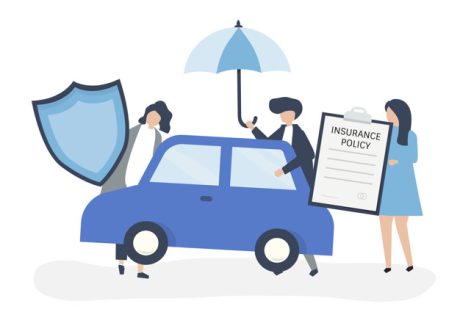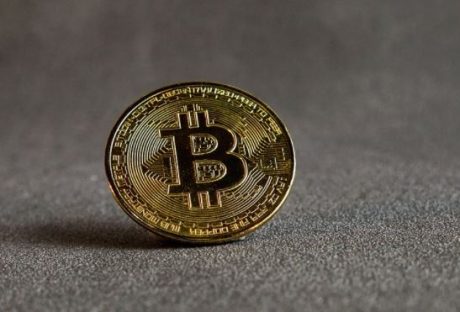When you buy a new or used car, dealerships will often bombard you with the optional extras you can pay extra for. Whether it’s an extended warranty or a deal on the annual service costs, you might not always be clued up on what these actually mean.
GAP insurance is one of these additions you might be offered and we’re here to guide you through what it means and whether you need it…
What Exactly is GAP Insurance?
If you buy a new car, the value drops by a third as soon as you drive away in it, and then it can fall by 40% in the first year and on average, by about 60% in three years.
If your car is stolen or written off before you’ve finished paying it off, your insurer will pay out for what it’s worth at the time rather than it’s ‘brand new’ price. This means there’s a ‘gap’ between what your insurer pays and what you originally paid and this is what ‘Guaranteed Asset Protection’, or GAP insurance, covers.
What Else is My Car Covered For?
When you buy a new car, it will be protected by a warranty supplied by the manufacturer, e.g. a BMW warranty. Usually, this covers you for three years or 60,000 miles (whichever comes first) and means that any defects that might cause your car to malfunction will be replaced or repaired at no cost to you.
However, the warranty is likely to be void if your car is written off, and as already discussed, your insurance may not cover the price you’ve paid or have agreed to pay, for the car.
What are the Different Types of Policies?
There are a few different types of policies available when it comes to GAP insurance, so it’s best to do your research to figure out which one would benefit you the most.
Two of the main options are:
- GAP insurance to cover the difference between the value of the vehicle and your outstanding finance settlement
- To cover the difference between the cost of the vehicle and replacing it with an equivalent one
Do I Need GAP Insurance?
The big question is – do you need GAP insurance? It’s not compulsory when you buy a car, but it might be worthwhile as it could save you from being out-of-pocket if you should have an accident.
One scenario where GAP insurance would be worth it is if it’s important to you to have a brand-new car and you wouldn’t want a replacement car worth a lower amount. Also, if you’ve taken out finance to buy the car, like a personal loan, for example, you’ll be paying off the full value it was when you first bought it, regardless of whether it’s been stolen or written off. GAP insurance would help you pay off the loan earlier, so you’re not forking out for a car you no longer have or a car you’re unable to drive.
As with your car purchase, deciding on whether or not to buy GAP insurance should be something you have carefully considered and extensively researched. However, when you’ve found the right policy that benefits you, you could save a lot of money if your car is written off or stolen.
Read Also :






















